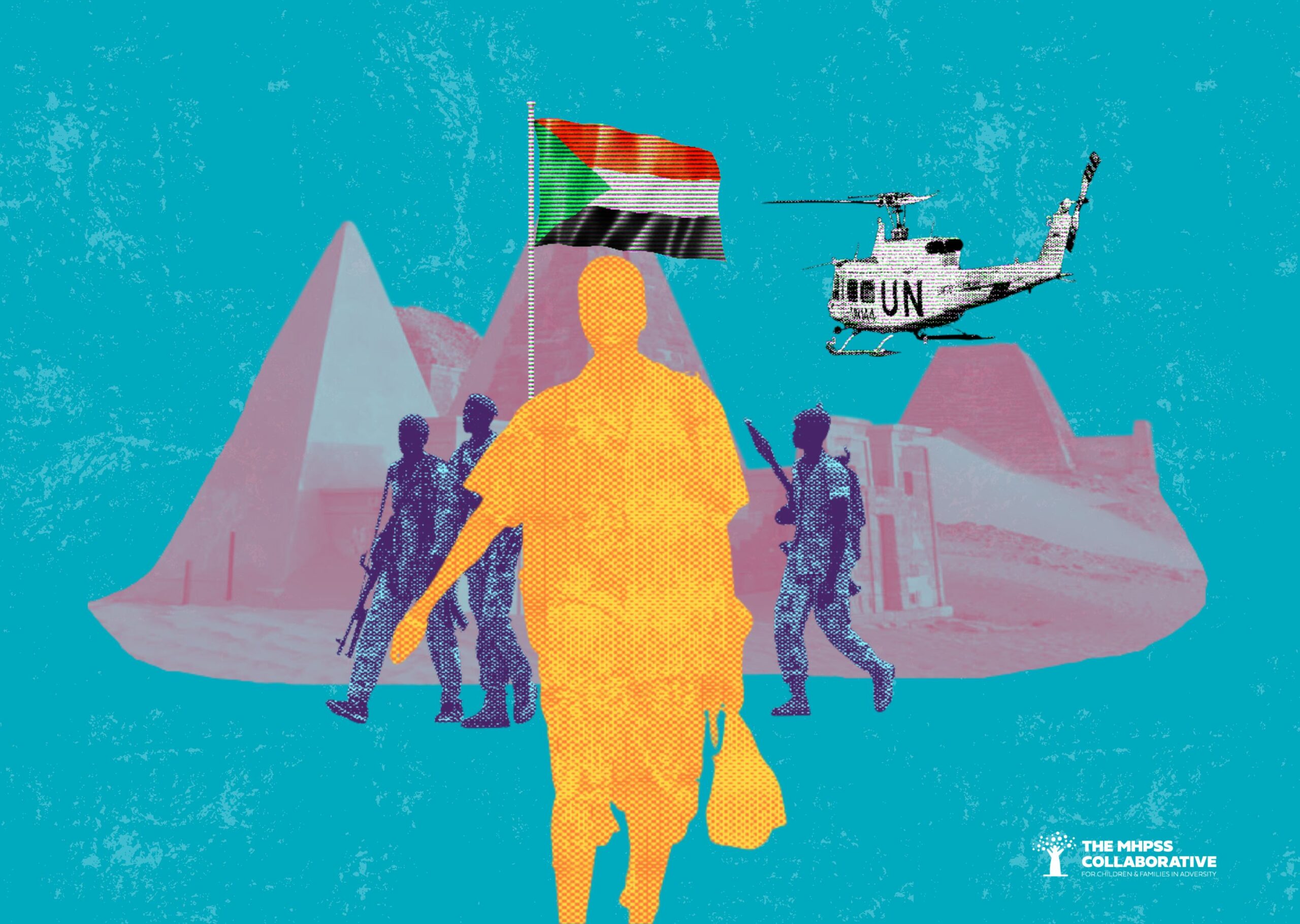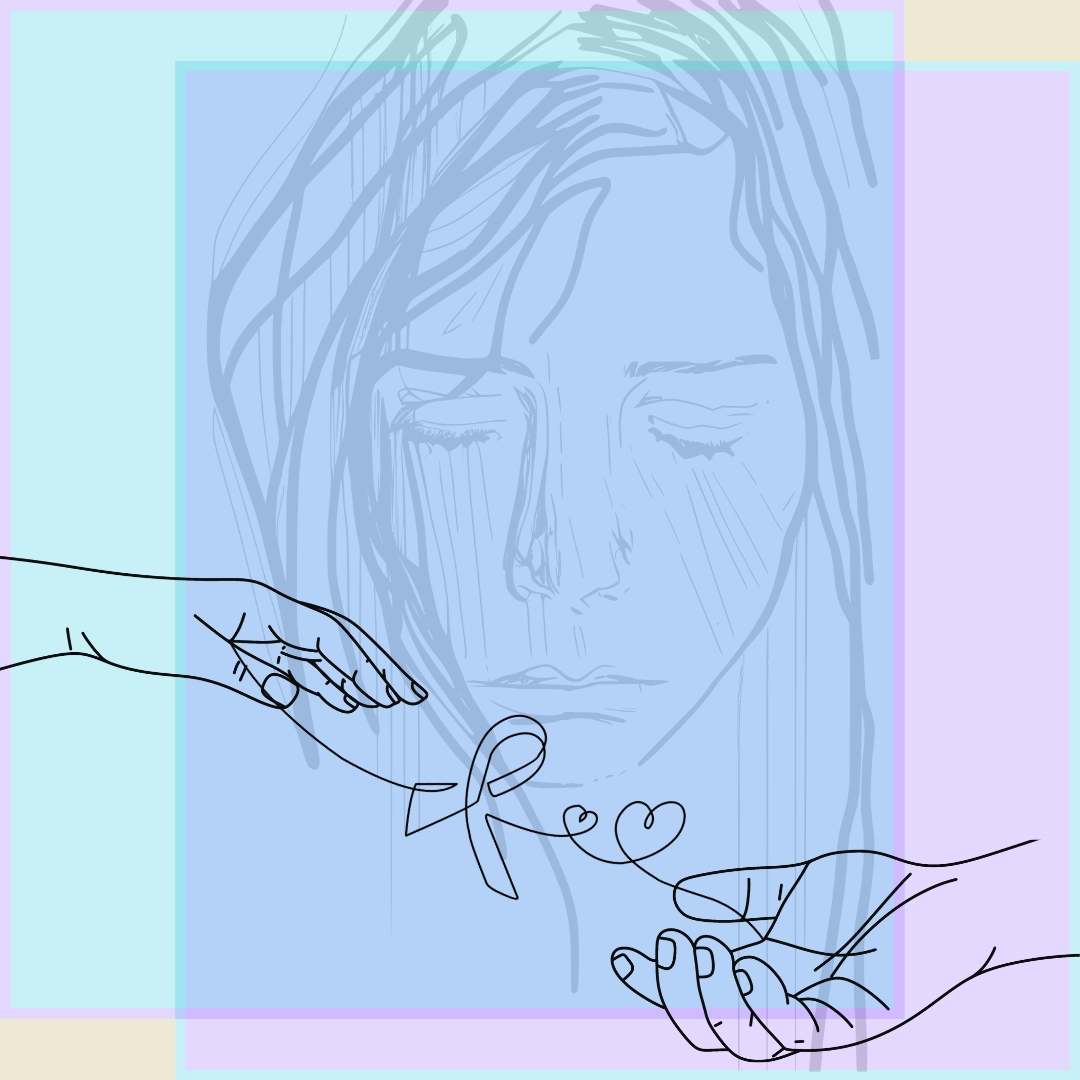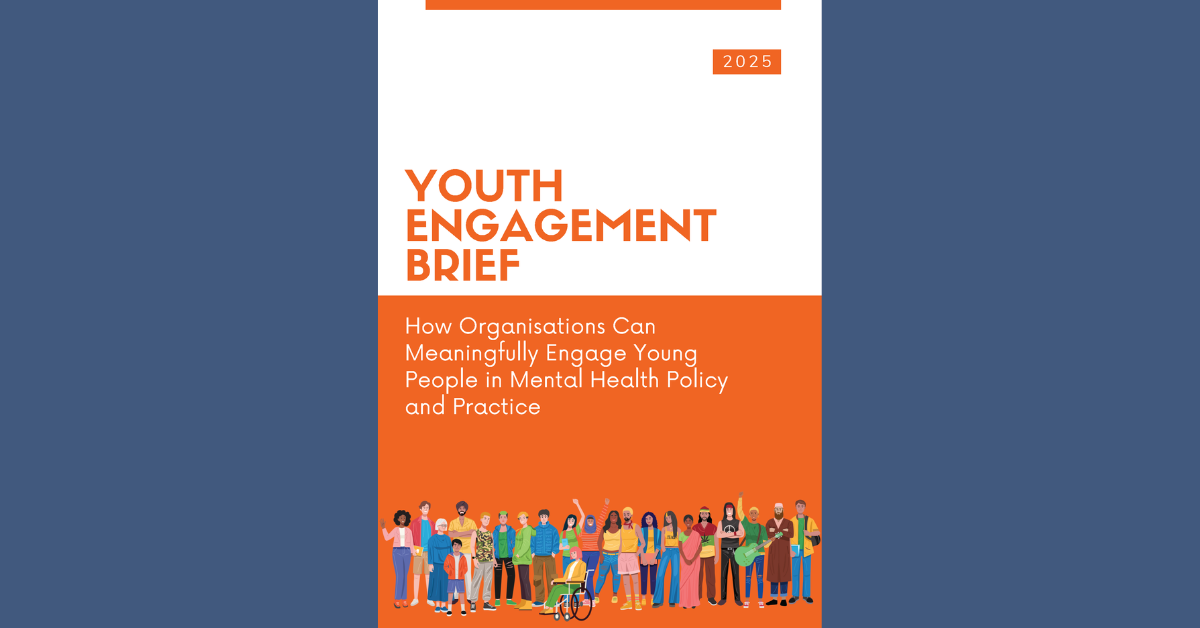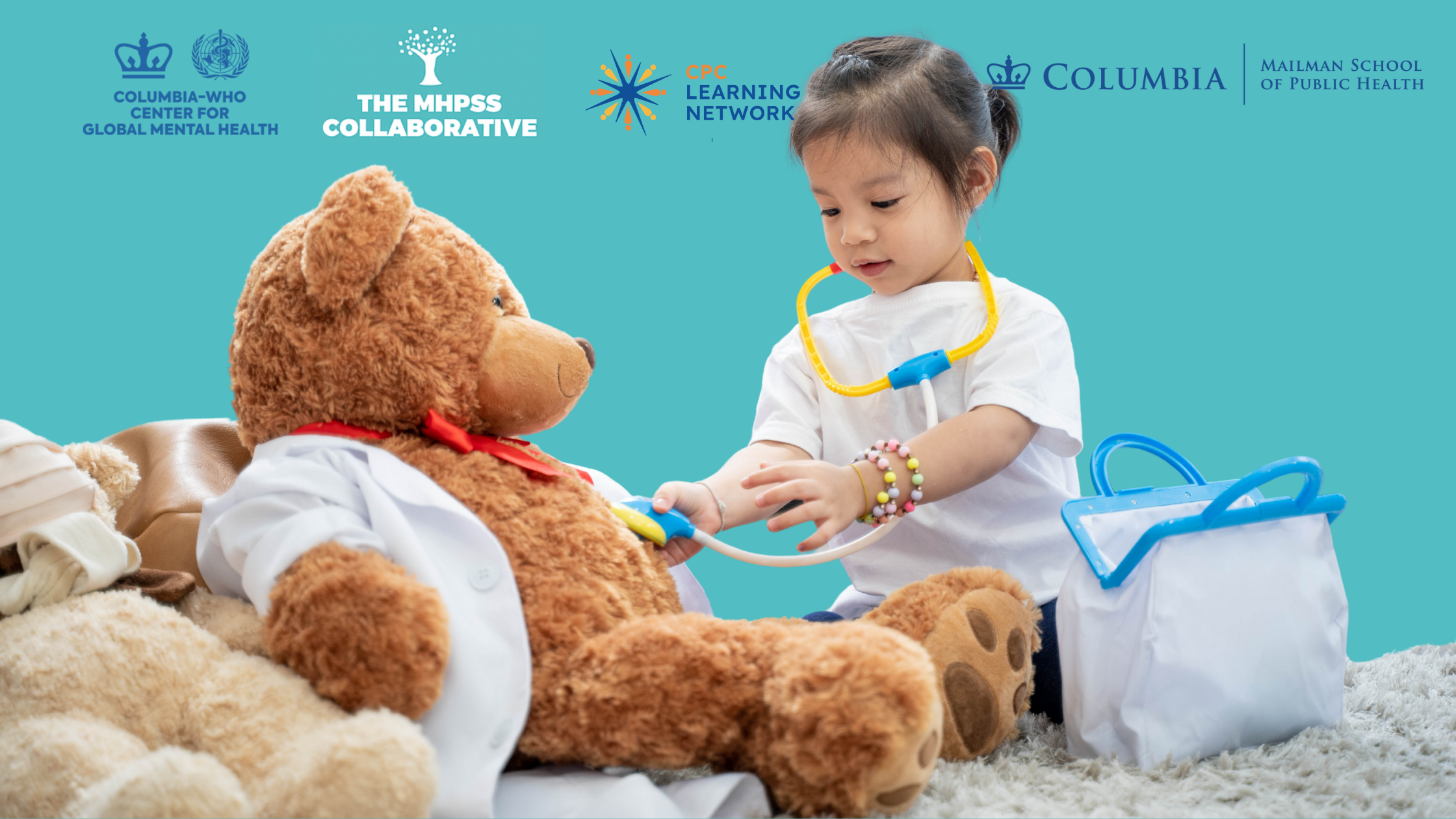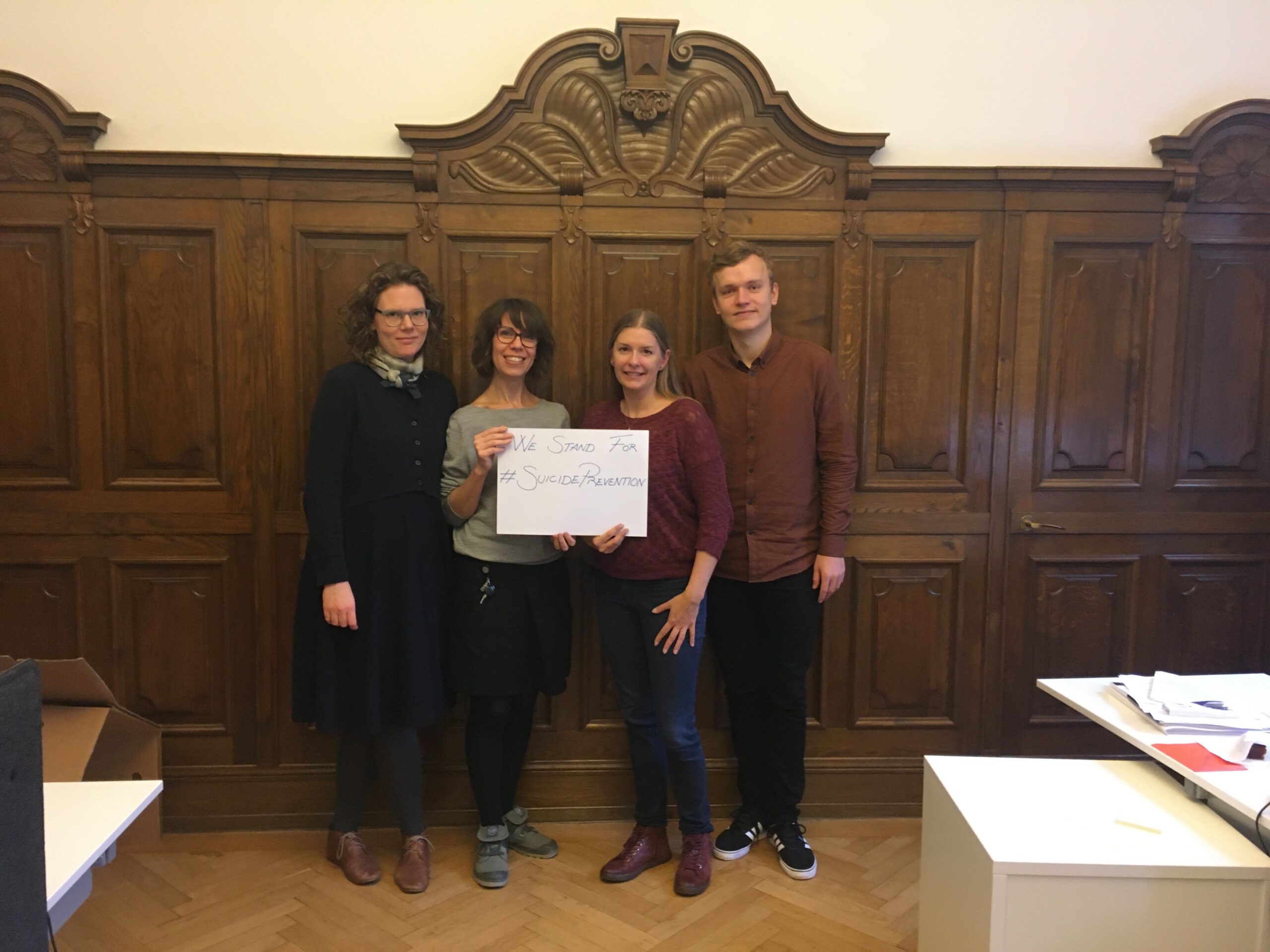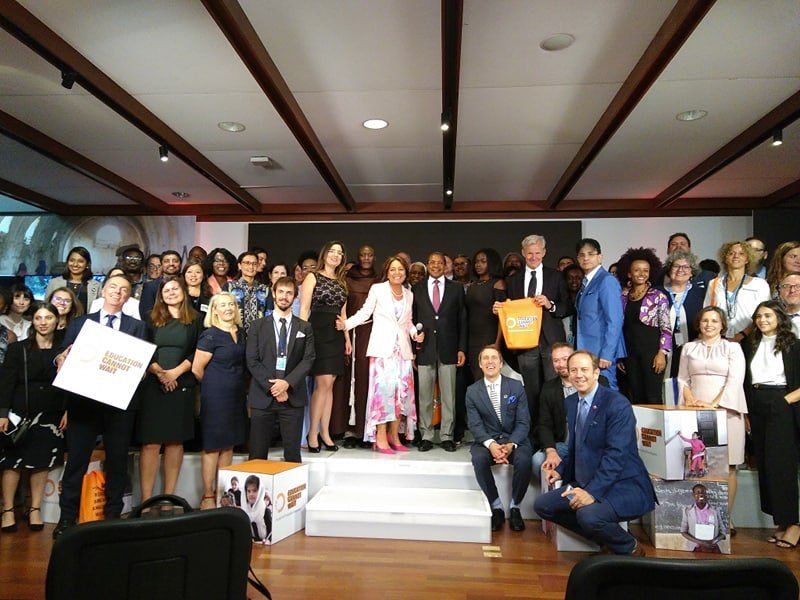On April 15, 2023, a violent clash broke out between two rival groups in Sudan, causing over 100,000 individuals to become newly displaced as refugees or within their own country due to the ongoing hostilities. By the close of the month, about 33,000 individuals had sought refuge beyond Sudan’s borders while 75,000 people were internally displaced – according to WFP and WHO.
Did you know this about Sudan?
Sudan, situated in north-eastern Africa and bordered by Egypt, Libya, Chad, the Central African Republic, South Sudan, Ethiopia, and Eritrea, has a population of 46 million individuals. Unfortunately, a staggering 65% of the population lives below the poverty line, with 15 million individuals (equivalent to 30% of the total population) already experiencing extreme hunger prior to the current conflict. Moreover, the country has been grappling with the adverse effects of the climate crisis, which have led to devastating floods and droughts, exacerbating the already dire food scarcity issue.

The unseen scars!
Humanitarian emergencies of this magnitude take a huge toll on children and families, often leaving them without basic services, access to education, and health care. War can tear families apart, and children carry some of the greatest burdens as they witness conflict with little understanding of what is going on around them, they can experience significant adversity and often their whole world is turned upside down due to the actions of others.
According to the WHO, in Sudan, resources for mental health are limited: “There is an absence of psychiatric nurses, a shortage of clinical psychologists, and only two certified child psychiatrists available in the country. The influx of refugees has placed even greater strain on existing resources. Two psychiatric hospitals in the country’s capital city Khartoum and 17 outpatient mental health facilities serve over 40 million people across Sudan. Only a handful of Sudan’s 18 states have a qualified psychiatrist.”
Photo credit: Chetan Sharma-7MXH1282qaM-unsplash. Copyright free.
Humanitarian assistance must prioritize mental health and psychosocial interventions as the cornerstone of humanitarian assistance, especially for children and families in crisis. Every response should begin by focusing on supporting family reunification, enabling families to stay together, and preventing children from being separated from their support systems and protection.
Safe spaces for children to learn, play, and receive peer support must be provided. Education must be inclusive and incorporated with opportunities for play and recreation to help children cope with stress. Additionally, families must receive the necessary support and resources to care for themselves and their children during times of great uncertainty.
No child should have to experience war, and no caregiver should be forced to parent under conditions of displacement where their daily needs are survival.
